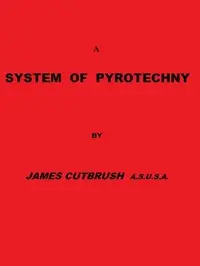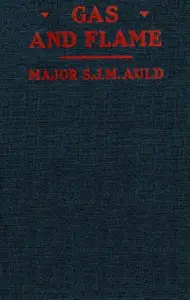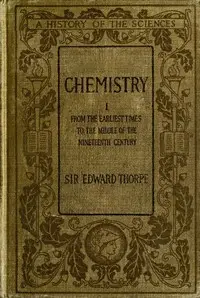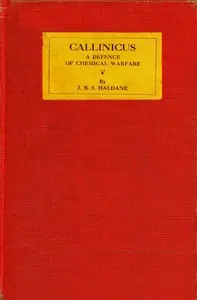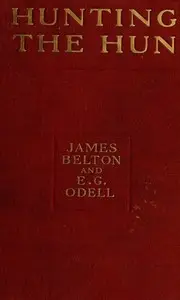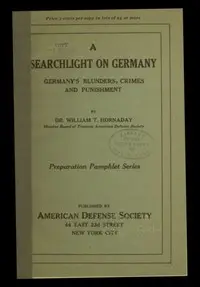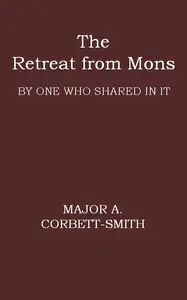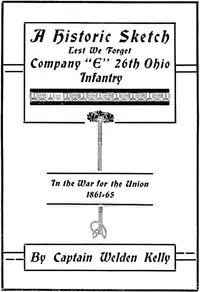"Chemical Warfare" by Amos A. Fries and Clarence J. West is a detailed exploration of chemical weapons and their use in World War I. Written from the perspective of key members of the U.S. Army's Chemical Warfare Service, the book explains the rapid advancements in chemical warfare technology during the war, the specific chemical agents that were deployed, and the development of protective measures against these weapons. The authors, driven by a sense of patriotic duty, meant to provide reliable information for military personnel and civilian chemists, beginning with an overview of the historical use of poison gas in warfare from ancient times and leading up to its deployment by the German army at Ypres. This background prepares readers for an exploration of the chemical make-up, application, and effects of chemical weapons in the context of modern warfare.
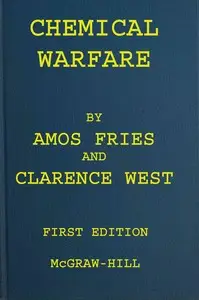
Chemical warfare
By Amos A. (Amos Alfred) Fries
During a global conflict, a groundbreaking study reveals a new and terrifying form of combat, involving invisible weapons and pushing the boundaries of science and warfare.
Summary
About the AuthorAmos Alfred Fries was a general in the United States Army and 1898 graduate of the United States Military Academy. Fries was the second chief of the army's Chemical Warfare Service, established during World War I. Fries served under John J. Pershing in the Philippines and oversaw the construction of the roads and bridges in Yellowstone National Park. He eventually became an important commander in World War I. After he retired from the Army in 1929, Fries wrote two anti-communist books. He died in 1963 and is buried in Arlington National Cemetery.
Amos Alfred Fries was a general in the United States Army and 1898 graduate of the United States Military Academy. Fries was the second chief of the army's Chemical Warfare Service, established during World War I. Fries served under John J. Pershing in the Philippines and oversaw the construction of the roads and bridges in Yellowstone National Park. He eventually became an important commander in World War I. After he retired from the Army in 1929, Fries wrote two anti-communist books. He died in 1963 and is buried in Arlington National Cemetery.

